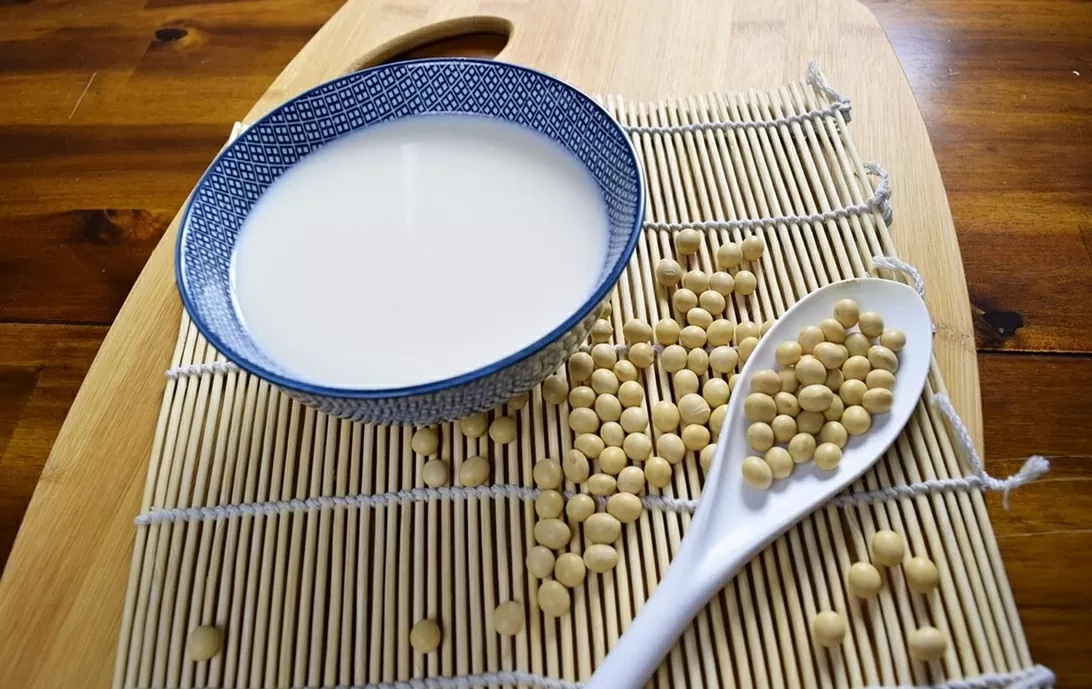 |
| Soy milk is a rich source of plant protein, which helps reduce "bad" cholesterol. (Source: Pixabay) |
Cholesterol is a waxy fat that plays an important role in the production of hormones, healthy cells, and vitamin D. Although the liver produces enough cholesterol, certain foods increase cholesterol levels in the body.
High cholesterol is an extremely dangerous condition that can lead to problems such as diabetes, high blood pressure and an increased risk of heart disease and stroke.
However, in addition to medication, some natural foods can help lower cholesterol after about 3 months. Note, these foods do not replace medication.
Oatmeal
The high soluble fiber content of oats makes them an ideal food for reducing excess cholesterol in the blood. When you eat oats, oat bran, red beans, apples or pears, your body absorbs soluble fiber that helps reduce "bad" cholesterol (LDL).
Studies show that consuming 5-10 grams of soluble fiber per day can significantly reduce LDL levels. A serving of oatmeal typically provides about 3-4 grams of fiber. If you don't like the bland taste of oatmeal, you can combine it with bananas or berries to enhance the flavor and add fiber.
Fatty fish and omega-3 fatty acids
Not all fats are bad. Good fats are found in fish such as salmon, mackerel, tuna, and trout. Eating these fish two to three times a week will support heart health.
Omega-3 fatty acids help reduce triglycerides, which cause heart disease, and increase HDL cholesterol (also known as good cholesterol), which helps lower blood pressure. Omega-3 fatty acids are found in four main food sources: fish, walnuts, flaxseeds, and canola oil.
If you are vegetarian, you may consider taking supplements, but consult your doctor first.
Nuts
Eating a small handful of almonds or walnuts every day can significantly reduce the amount of "bad" (LDL) cholesterol in your blood. The combination of healthy fats, fiber, and plant sterols in nuts helps improve your overall cholesterol levels.
Many studies show that eating about 50-60g of nuts per day (equivalent to a small handful) can reduce LDL by about 5%. In addition, vitamin E and antioxidants in nuts also support effective cardiovascular protection.
You can use nuts as a convenient snack, or sprinkle them on cereal, yogurt, or salad to increase nutritional value. However, you should only use them in moderation, because nuts also contain a lot of calories.
Soy foods
Soybeans are found in many familiar foods such as tofu, soy milk, boiled soybeans or dried soybean balls. This is a rich source of vegetable protein, helping to reduce the amount of "bad" cholesterol (LDL) in the blood.
This benefit comes from phytoestrogens - natural compounds in soybeans that help the body process and metabolize cholesterol more effectively.
Replacing meat or dairy products with soy foods in your daily diet can significantly lower cholesterol in just a few months, while still ensuring adequate nutrition for the body.
Foods containing plant sterols and stanols
The human body naturally produces small amounts of plant sterols and stanols – natural compounds also found in fruits, vegetables, nuts and seeds – which work in the gut, preventing the body from absorbing cholesterol from food.
Several studies have shown that supplementing about 2 grams of plant sterols or stanols per day can help reduce "bad" cholesterol (LDL) by up to 10%.
Source: https://baoquocte.vn/mot-so-thuc-pham-tu-nhien-co-the-ho-tro-ha-cholesterol-sau-khoang-3-thang-331238.html


![[Photo] Prime Minister Pham Minh Chinh received Mr. Yamamoto Ichita, Governor of Gunma Province (Japan)](https://vphoto.vietnam.vn/thumb/1200x675/vietnam/resource/IMAGE/2025/10/21/1761032833411_dsc-8867-jpg.webp)

![[Photo] Da Nang residents "hunt for photos" of big waves at the mouth of the Han River](https://vphoto.vietnam.vn/thumb/1200x675/vietnam/resource/IMAGE/2025/10/21/1761043632309_ndo_br_11-jpg.webp)



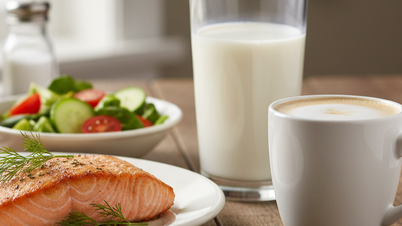






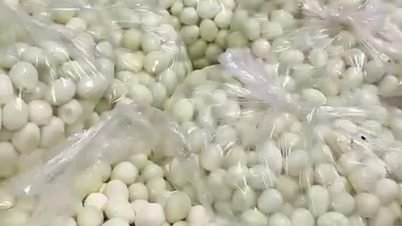



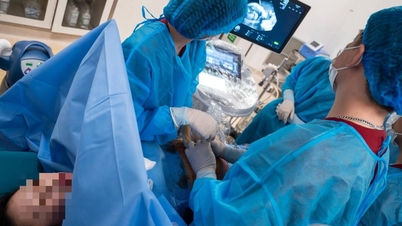


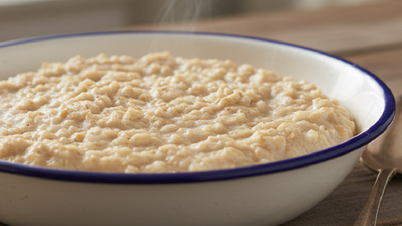
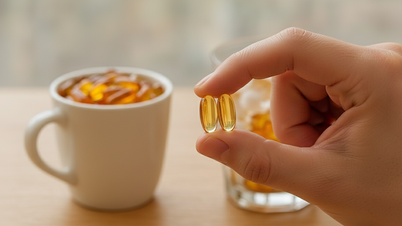











![[Photo] Prime Minister Pham Minh Chinh meets with Speaker of the Hungarian National Assembly Kover Laszlo](https://vphoto.vietnam.vn/thumb/1200x675/vietnam/resource/IMAGE/2025/10/20/1760970413415_dsc-8111-jpg.webp)


























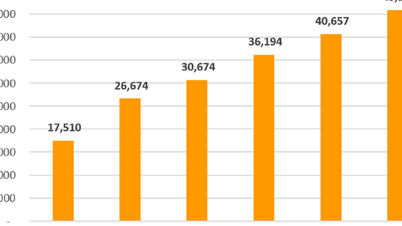























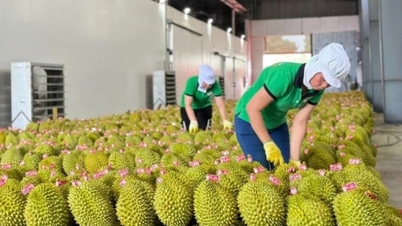

























Comment (0)